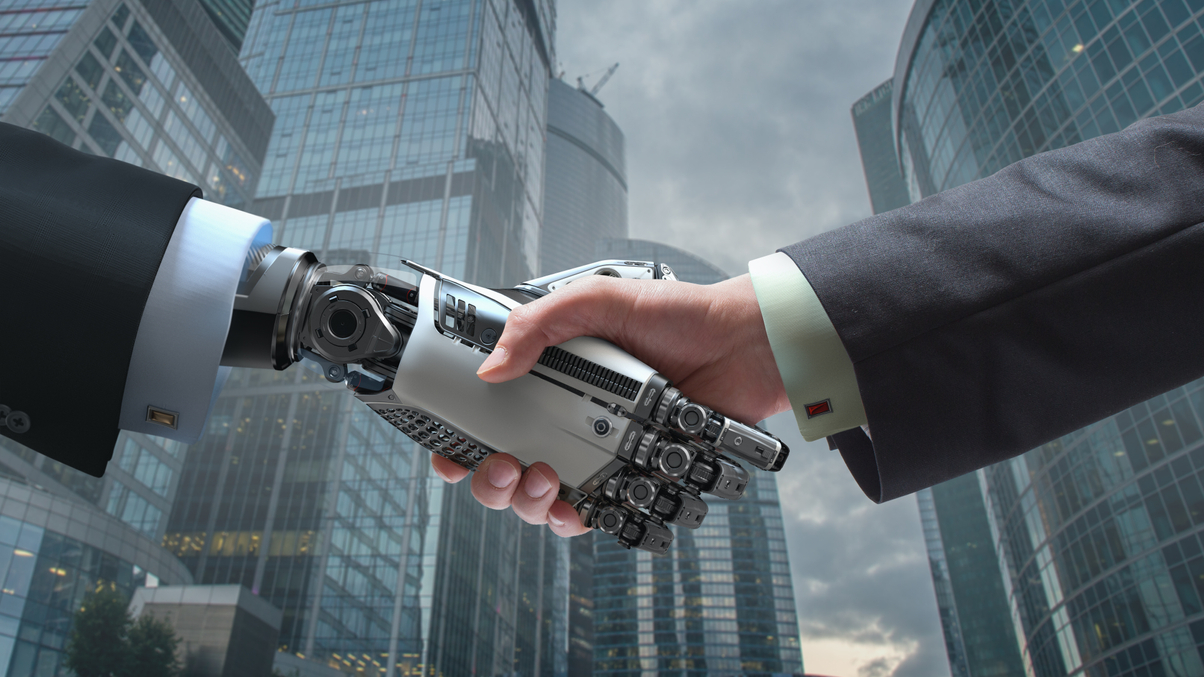AI, deep tech too new for private equity, says family office investor
Pre-2015 deep tech is inferior to advances made in recent years, which makes venture capital the preferred mode of investing for Ferretto Capital

Deep tech applications only became viable seven years ago, making it more suitable for venture capital (VC) investments compared with private equity (PE), according to a senior executive at Ferretto Capital, who added that within VC, the family office is eyeing industries such as healthcare, logistics and food services.
Sign in to read on!
Registered users get 2 free articles in 30 days.
Subscribers have full unlimited access to AsianInvestor
Not signed up? New users get 2 free articles per month, plus a 7-day unlimited free trial.
¬ Haymarket Media Limited. All rights reserved.


